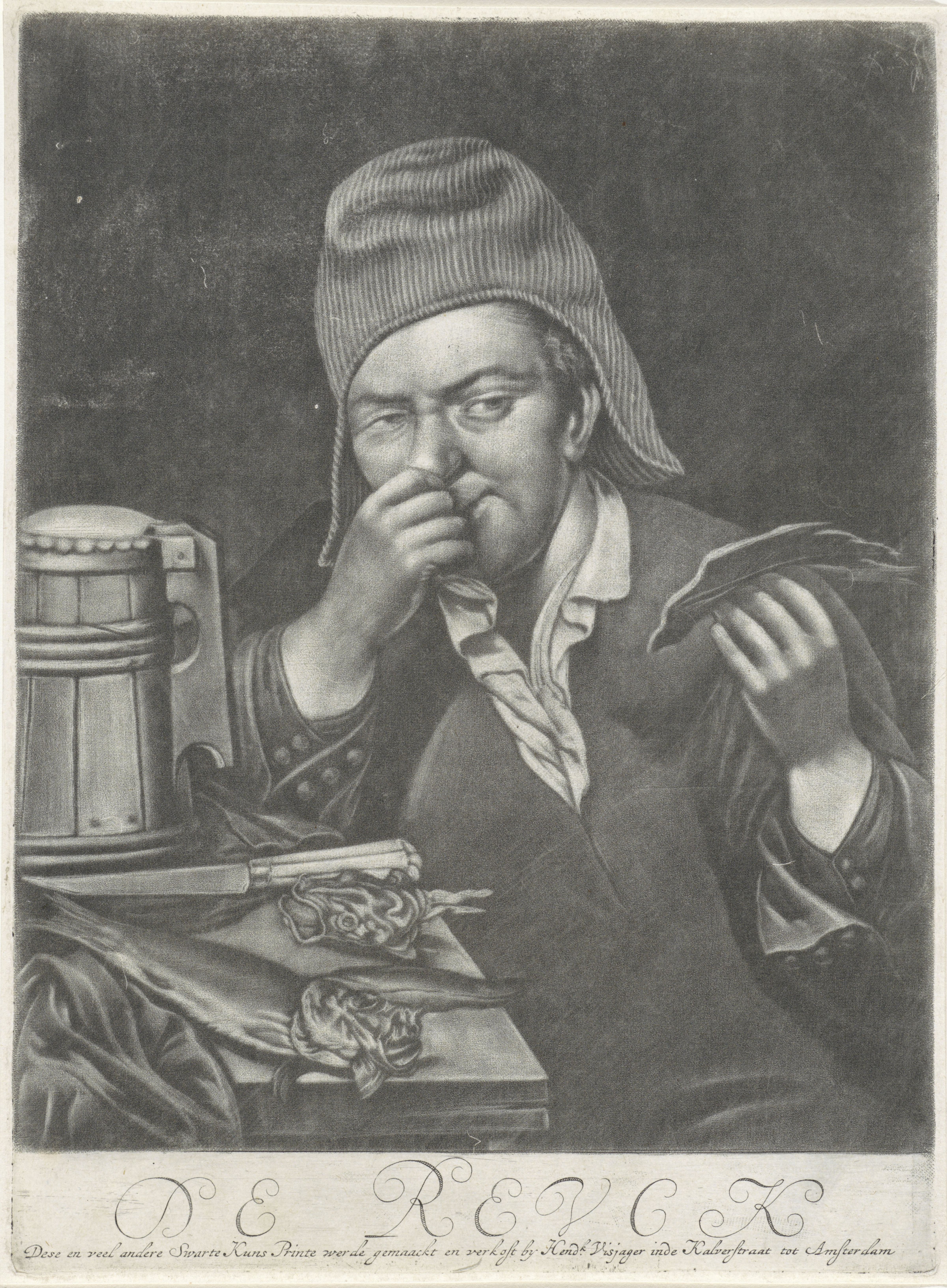‘Encyclopaedia of Smells’ to be created to preserve Europe’s scented past
Odours to be recorded from tobacco to dung chips and 18th century smelling salts

What does Europe smell like? That is the intriguing question scientists have set out to document, in what is described as the first international research project exploring past and present scents.
A selection of European smells will be reconstructed and preserved and the team’s findings will be published in an online “Encyclopaedia of Smell Heritage”.
Borrowing expertise from the worlds of history, art, computational linguistics and chemistry, a group of researchers known as the Odeuropa consortium plan to record odours as familiar tobacco and as unusual as dung chips and 18th century smelling salts.
The project, announced on Tuesday, is being funded by a €2.8m (£2.5m) grant from the EU Horizon 2020 programme.
Using AI techniques, Odeuropa said it would seek to discover what the key scents and fragrant spaces are that have shaped European cultures and how societies coped with challenging or dangerous odours.
The newly formed database will become an archive for European smells through the ages, from motor oil and ozone found in texts by Italian futurists to scented tobacco used by perfumers and greengrocers.
“Much more so than any other sense, our sense of smell is linked directly to our emotions and our memories,” the team said.
Inger Leemans, the lead investigator, said her team would “dive into digital heritage collections to discover key scents of Europe and bring them back to the nose”.
William Tullett, from Anglia Ruskin University, said: “For me, tobacco is a central smell in European history and heritage. It is a hot, smoky, pungent smell, but of course it is not one smell at all, because perfumers and tobacconists and grocers have experimented with scenting tobacco in all kinds of ways. As a historian it is also interesting for me because it links to histories of socialibity, trade and colonisation, and also health.”
Matija Strlič, of University College London, said: “Old smells, or smells of objects, tell us a lot about how those objects degrade, how they can be preserved, and also how those smells can be conserved."
The Odeuropa project will be led by a team of researchers from across the UK, Netherlands, Germany, Italy, France and Slovenia.
Horizon 2020 is an €80bn EU research and innovation programme spread over seven years culminating in 2020, which aims to produce scientific brekathouhgs by developing and marketing ideas created in the lab.
Join our commenting forum
Join thought-provoking conversations, follow other Independent readers and see their replies
Comments
Bookmark popover
Removed from bookmarks